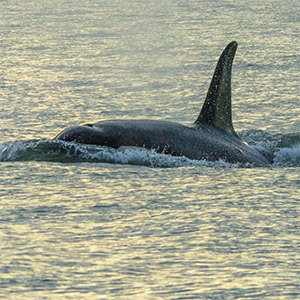
Tags: Andrew Trites, Europe, faculty, IOF students, killer whales, Marine Mammal Research Unit, orca, whales
Killer whales are in the news for sinking boats off the coast of Spain.
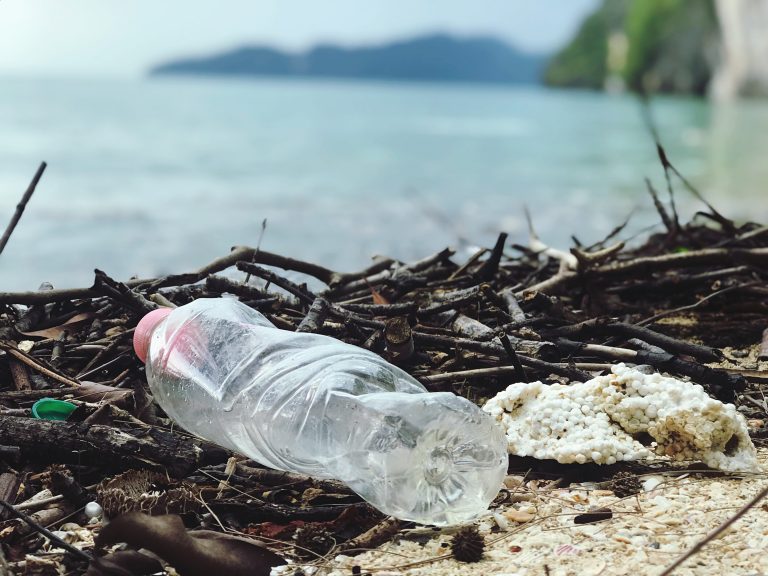
Tags: IOF Research Associates, Juan Jose Alava, OPRU, plastic, pollution, Research, toxins, United Nations (UN)
Researchers from around the world are urging the international community to recognize the full environmental and health threat of plastics and categorize them as persistent, bio-accumulative and toxic (PBT) pollutants.
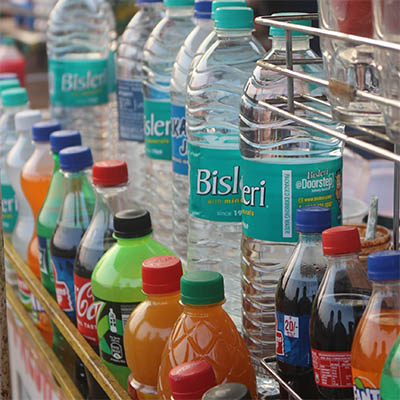
Tags: food webs, IOF Research Associates, Juan Jose Alava, microplastics, ocean, OPRU, plastic, pollution, Publications, Research
The Nippon Foundation-Ocean Litter Project (2019-2023)

Tags: International Plastic Free Day, IOF Research Associates, Juan Jose Alava, microplastics, OPRU, plastic
Here are some clever tips on how to reduce your plastic use.
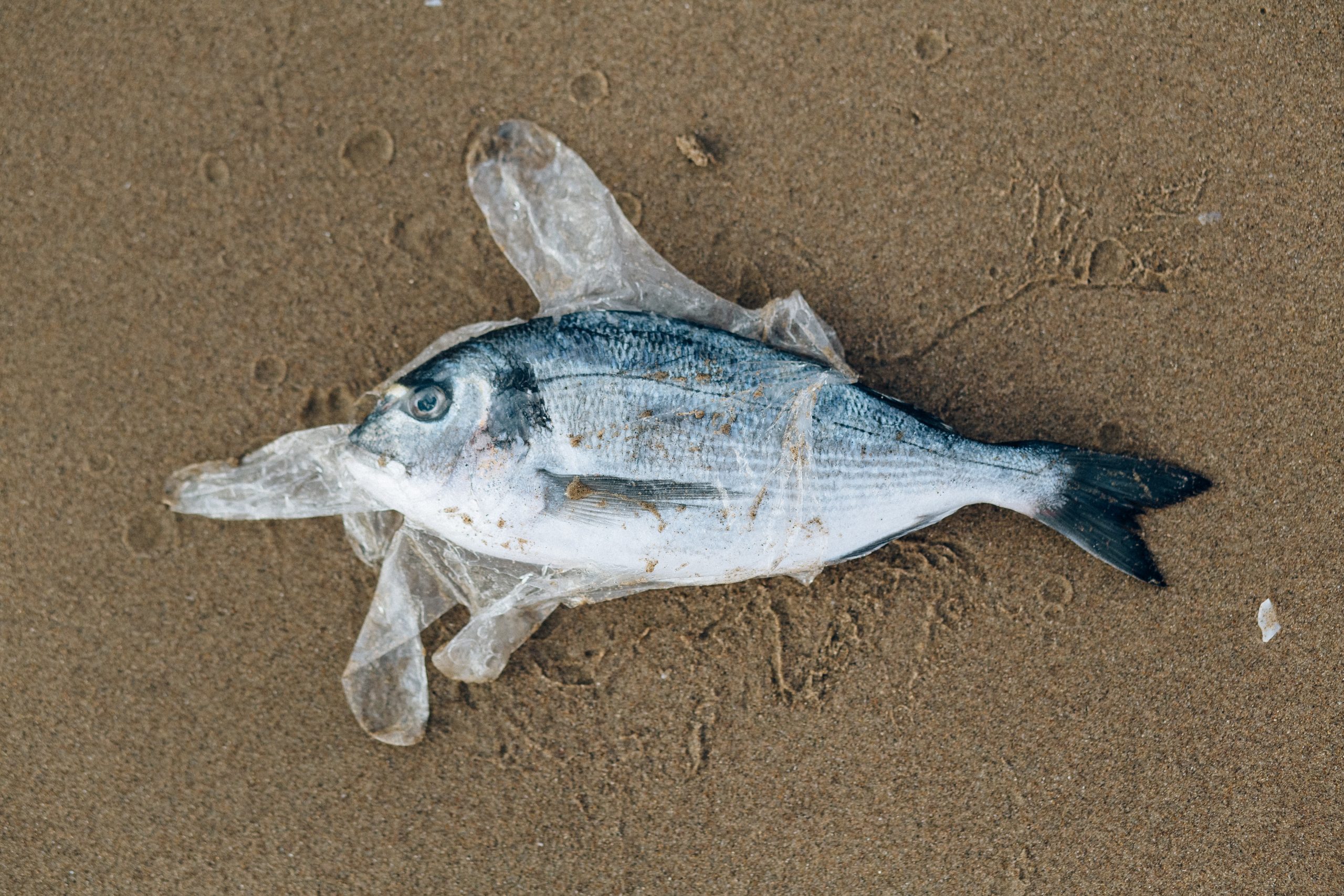
Tags: International Plastic Free Day, IOF Research Associates, Juan Jose Alava, microplastics, OPRU, plastic
Plastic is everywhere. It’s in our oceans, coastal areas, and buried deep in the soil. It’s in our food and our water, and wreaks havoc on the natural world around us.

The University of Crete announced that Dr. Daniel Pauly, has been granted an honorary doctorate from the Department of Biology, School of Applied Sciences and Technology.
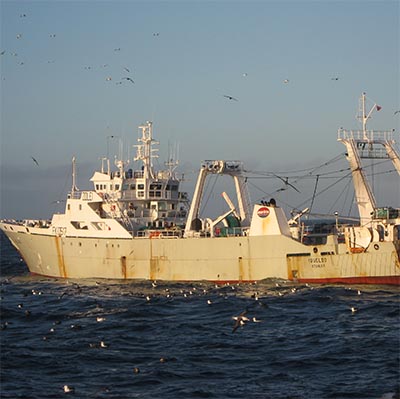
Tags: Anna Schuhbauer, Daniel Skerritt, FERU, fisheries economics, fisheries management, IOF postdoctoral fellows, Rashid Sumaila, Research, subsidies
Harmful fisheries subsidies are leading to more fishing vessels chasing fewer fish, resulting in adverse environmental and societal impacts.
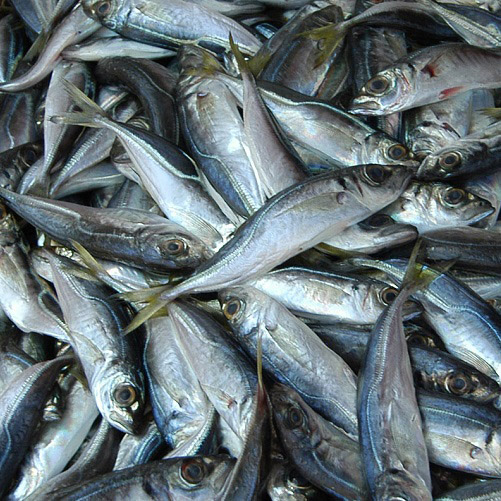
Tags: biology, Daniel Pauly, faculty, fish, Gill Oxygen Limitation Theory (GOLT), Research, Sea Around Us
Contrary to what is stated in biology textbooks, the growth of fish doesn’t slow down when and because they start spawning. In fact, their growth accelerates after they reproduce, according to a new article published in Science.
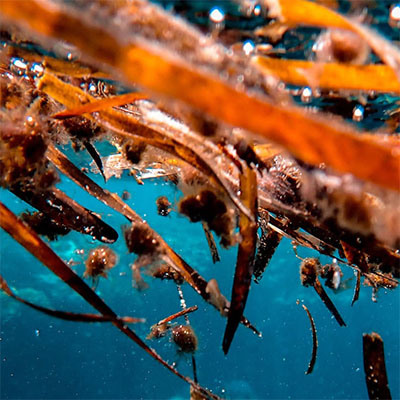
Tags: algae, Centre for Indigenous Fisheries, climate change, coral, IOF postdoctoral fellows, Sara Cannon, seaweed
The amount of macroalgae (the group to which seaweed belongs) covering coral reefs is not always an accurate indicator of human disturbance.
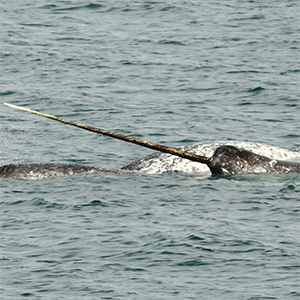
Celebrating some of the research that the Institute for the Oceans and Fisheries researchers has undertaken on the iconic marine creature with a tusk (tooth, actually) on its head — the narwhal.